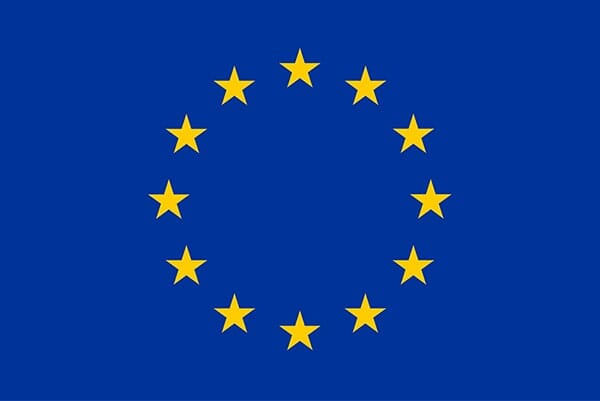Schengen Countries: The Schengen Agreement encompasses 26 Schengen-area countries, including Austria, Belgium, Czech Republic, Denmark, Estonia, Finland, France, Germany, Greece, Hungary, Iceland, Italy, Latvia, Liechtenstein, Lithuania, Luxembourg, Malta, Netherlands, Norway, Poland, Portugal, Slovakia, Slovenia, Spain, Sweden, and Switzerland.
5 Things You Need to Know About the Schengen Visa:
- A Schengen C visa allows short stays in any of the 26 Schengen-area countries for up to 90 days in a 180-day period. This time limitation applies to all member countries, so time spent in one Schengen country may limit time spent in another.
- Types of the Schengen C visa include single-, double-, and multiple-entry. The latter is available to eligible travelers in 1-year, 3-year, and 5-year periods. The single- and double-entry duration of stay period is set by the issuing consulate. There is also a Schengen A visa, which allows travel through a Schengen-country airport without entering the country.
- To apply for a Schengen visa, file an application at the consulate of the country you intend to visit. If you plan to visit more than one Schengen State, apply at the consulate of the country where you will spend the longest period. If you intend to visit several Schengen States and the stays will be of equal length, apply at the consulate of the country whose external border you will cross first when entering the Schengen area.
- In general, you must submit your application to the consulate at least 15 days before you travel, and you cannot submit it earlier than 3 months before your trip.
- Please note that citizens of certain countries do not require a Schengen visa to travel to the Schengen area. For example, U.S. citizens can stay in the Schengen area with a valid U.S. passport and no visa up to 90 days for tourism or business during any 180-day period.
Have questions? WR is happy to help. Contact WR’s Global Immigration Section at global@wolfsdorf.com for specific legal advice on whether your employees require a visa to travel to the Schengen region.


